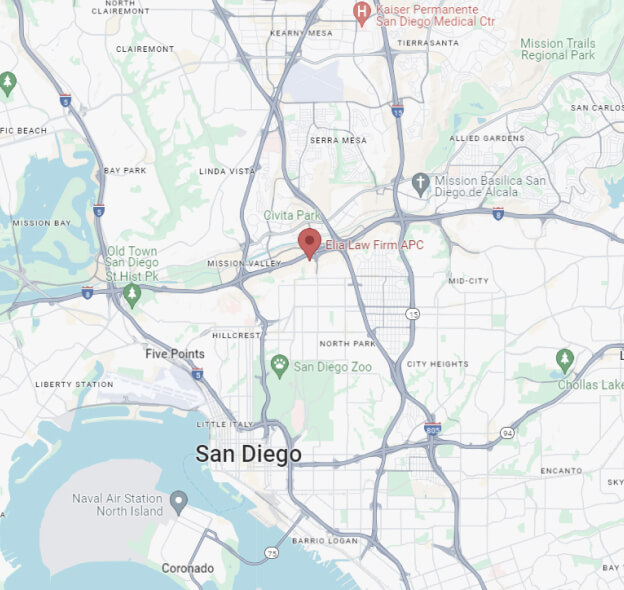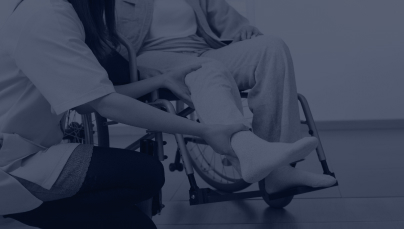Cognitive Therapy for CRPS
Cognitive therapy relieves the emotional stress that exacerbates CRPS pain
Cognitive therapy can help relieve emotional stress which can exacerbate the severity of CRPS pain. The most common approach to psychologically treating CRPS patients is called Cognitive Behavioral Therapy (CBT). This type of therapy is directed by a pain psychologist, who helps the patient deal with the physical and emotional impacts of CRPS. Studies show that CBT is an excellent pain therapy for CRPS patients in improving pain, mood, and overall function. It is also a great alternative for those CRPS patients who are adamant about not taking any prescription medication to manage their pain.
In the article, Cognitive Behavioral Therapy for CRPS from rsds.org, Dr. Stephen Bruehl explains, in depth, how emotional distress can worsen CRPS symptoms. He writes,”…because the physiological mechanisms believed to contribute to the pain, color changes, and temperature changes all can, in theory, be directly affected by certain hormones (adrenalin) released during stress and emotional distress. While patients cannot control whether they have CRPS, they can learn techniques to control their stress responses, which in turn can reduce pain intensity.”
How does CBT work?
CBT is a specific technique, aimed at reducing pain intensity and emotional stress through:
- Breathing relaxation
- Progressive muscle relaxation
- Imagery
CBT may also involve intuitive biofeedback, in which changes in the body’s stress response are seen on a computer screen, allowing the psychologist to “fine tune” the technique to better accommodate the patient.
Experts have found that CBT succeeds at re-working patients’ thought processes. Negative, pessimistic thoughts can lead to chronic emotional distress, which can reduce quality of life and increase pain. CBT can reverse those negative thought patterns by helping CRPS patients identify when they are occurring so that they can consciously modify them.
Dr. Bruehl writes, “A patient may habitually respond to increased pain by thinking, This pain is horrible and is never going to end, and consequently may feel miserable. The CBT therapist would help the patient learn a way to reframe the problem of pain exacerbations. For example, responding to increased pain by actively saying to oneself, ‘This is an opportunity to use my relaxation techniques, I can handle this,’ would lead to less distress and may in fact result in somewhat reduced pain.
CRPS Therapies and Treatments
- CRPS Ketamine Infusion Therapy
- CRPS Physical Therapy
- CRPS Cognitive Therapy
- CRPS Drug Therapy
Suffering from CRPS?
If you suffer from CRPS you may be entitled to compensation. Seek out a CRPS attorney for help. If you are in the San Diego area, give us a call or request a free case review below.










